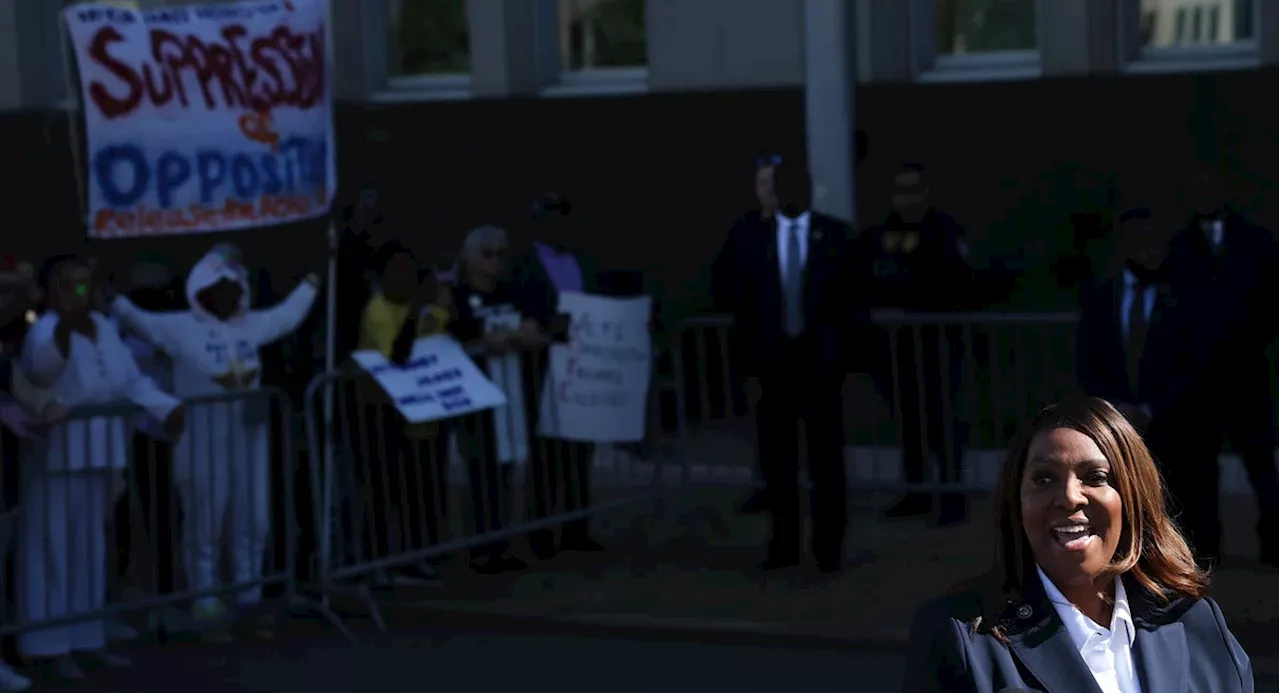The discourse surrounding poverty often places significant blame on wealthy individuals, particularly billionaires. In an opinion piece, economist and educator Anthony Patrick O’Brien argues that personal decisions play a crucial role in determining economic status, and that billionaires like Jeff Bezos should not be scapegoated for broader societal issues.
O’Brien, reflecting on his own upbringing in a challenging neighborhood, illustrates how poor choices can perpetuate cycles of poverty. He recounts stories from his community, including a neighbor who resorted to stealing cars and another who engaged in drug trafficking. Both individuals ultimately faced severe consequences, highlighting the impact of their decisions on their lives.
In exploring the concept of the “success sequence,” O’Brien emphasizes the importance of education, employment, and stable family structures. According to research conducted by Wendy Wang and W. Bradford Wilcox, which utilized data from the National Longitudinal Survey of Youth, 97% of individuals who adhered to this sequence—completing high school, securing full-time employment, and marrying before having children—managed to avoid poverty by the ages of 28 to 34.
O’Brien notes, however, that while the correlation between following this sequence and escaping poverty is evident, establishing direct causality remains complex. He cites George Mason University economist Bryan Kaplan, who emphasizes that behaviors such as dropping out of school or remaining idle can significantly hinder economic mobility, akin to “burning money.”
Despite these observations, O’Brien acknowledges that not everyone has the same opportunities. Some individuals face systemic barriers, including disabilities, abuse, or inadequate schooling, which can complicate their paths to success. The challenges faced by these individuals are significant, and while personal responsibility is a factor, systemic support is also crucial.
The article ultimately argues for a balanced approach to understanding poverty. O’Brien asserts that while there is a moral obligation to assist those in need, it is essential to recognize that many individuals find themselves in poverty due to their own choices. He suggests that billionaires, rather than being viewed as the root cause of poverty, can contribute positively to society by providing better products and services.
In conclusion, O’Brien’s perspective invites a critical examination of the factors contributing to poverty. By acknowledging the role of personal responsibility alongside the need for systemic support, society can foster a more nuanced conversation around economic mobility and the paths to success.







